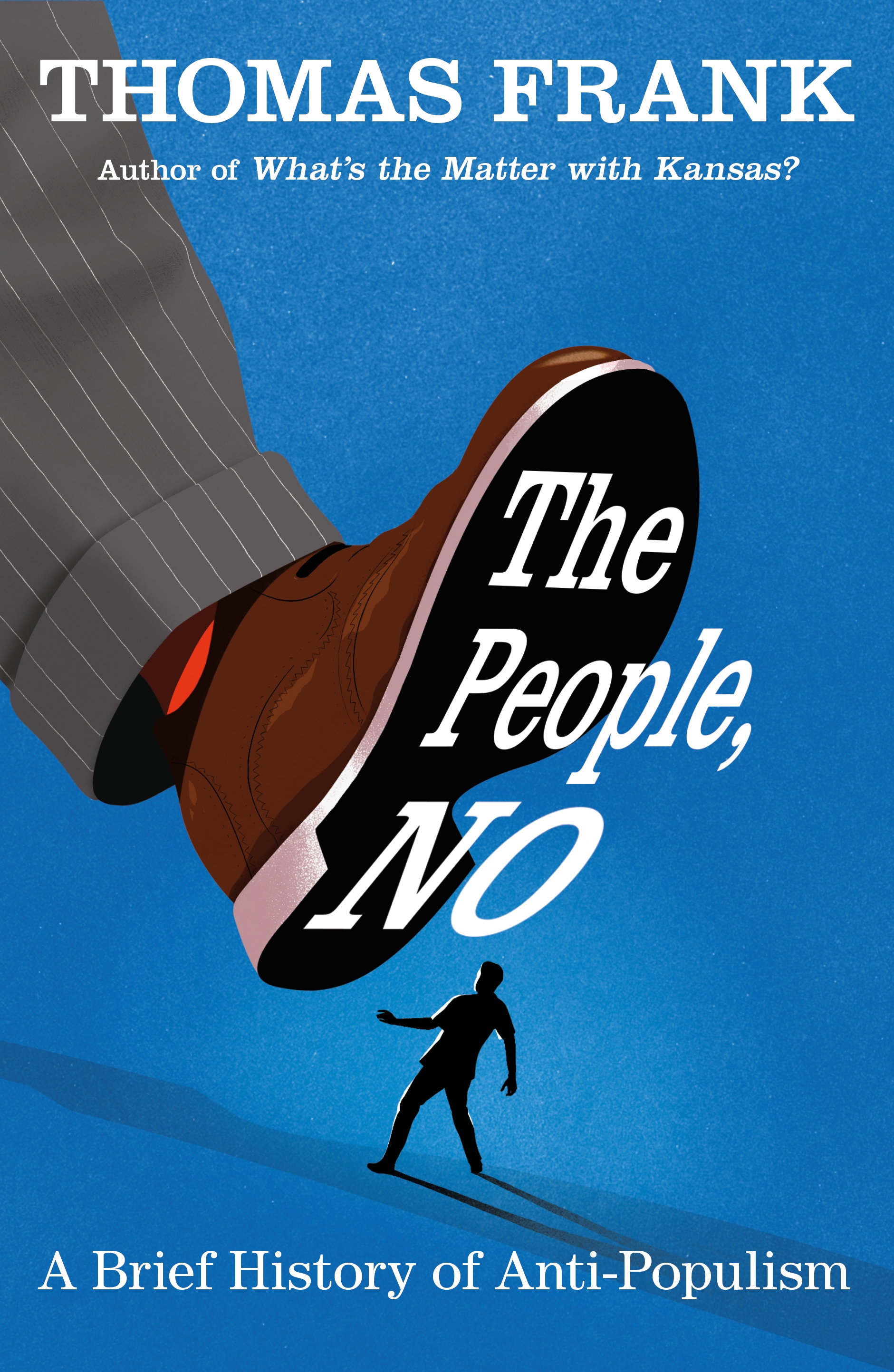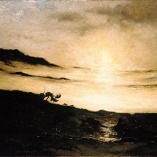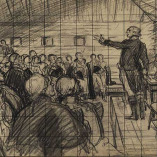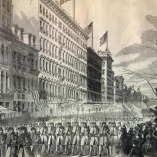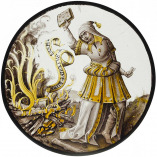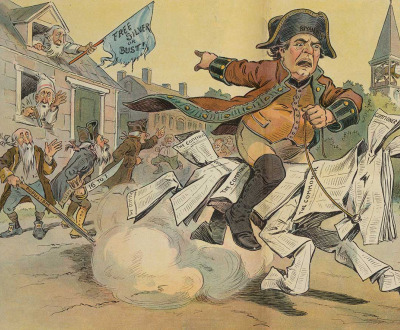
The Populist Paul Revere, by J.S. Pughe, 1904. Library of Congress, Prints and Photographs Division.
“Populism is not only a radical tradition,” Thomas Frank writes in his new book The People, No, “it is our radical tradition, a homegrown left that spoke our American vernacular and worshipped at the shrines of Jefferson and Paine rather than Marx…the populist instinct stays with us; it is close to who we are as a people. We may gag at political correctness, but populism endures; populism is what ensures that, even though we bridle against the latest crazy radical doings on campus, we also hate snobs and privilege with the core of our collective democratic being.” In this week’s episode, Lewis H. Lapham and Frank dig into the history of American populism and the definitions it has accumulated over the years.
Lewis H. Lapham speaks with Thomas Frank, author of The People, No: A Brief History of Anti-Populism.
Thanks to our generous donors. Lead support for this podcast has been provided by Elizabeth “Lisette” Prince. Additional support was provided by James J. “Jimmy” Coleman Jr.
